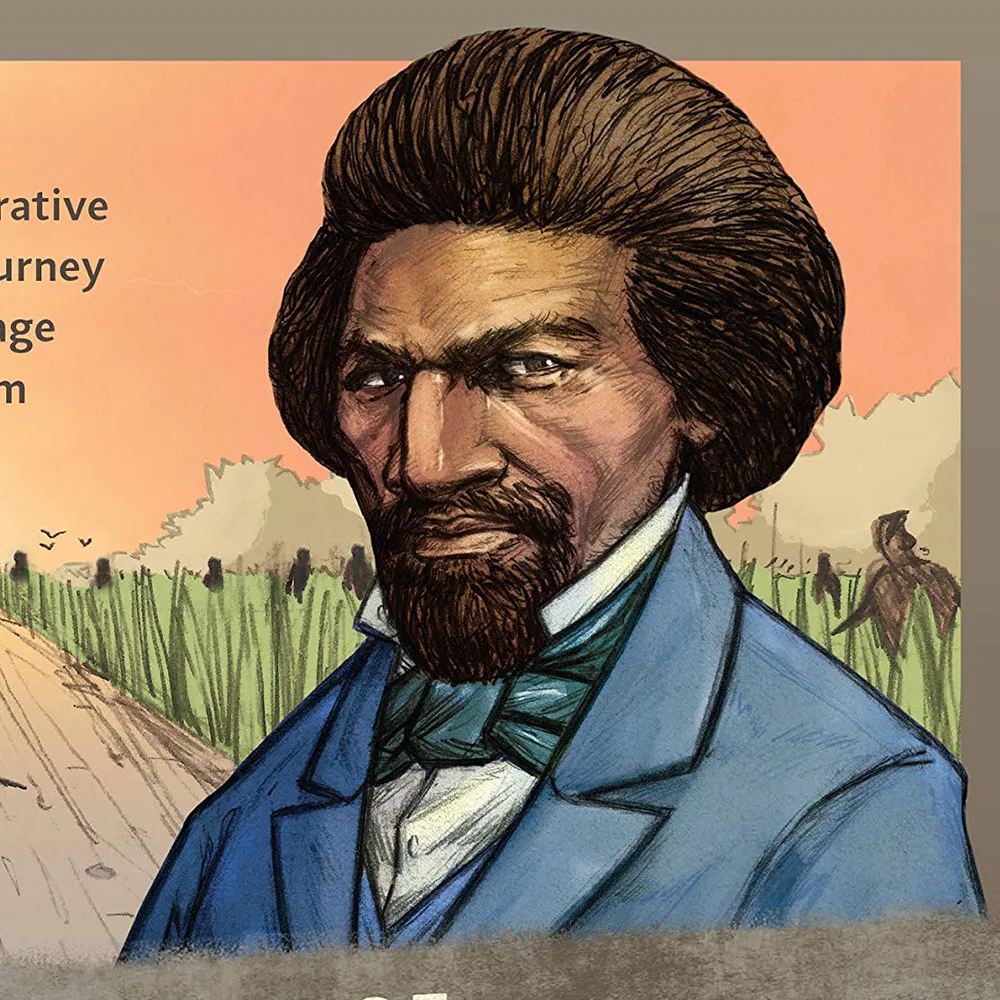The history of America as a nation has dark truth on slavery that has left many with scars in concern to their effects. Americans live to regret the perpetrators of slavery since they can always see the shameful marks left by the whites. The essay is focused on the narrative written by Frederick Douglas, a formerly enslaved person. The narrative indicates the slavery negativities that was experienced, the champion for its abolishment, and its consequential effects (Abrams and Annie, 152)
Main Argument
The book Narrative of the Life of Fredrick Douglass’ is a call to action and indictment of slavery. Douglas postulates that slavery is one of the wrong things that ever happened to Americans. In his book, the author indicates that he regretted the slavery experience when he was very young. Through his style of writing, it is essential to note that is with a deep sigh that he passed through the experience and counts on adverse effects of the misuses of human rights (Abrams and Annie, 154)
The author goes ahead to indicate her mother’s death happened when he was at a tender age. However, he believed to have had a white father, although the fact is one of the proofs of negative things enslaved people experienced. This by itself indicates many women had to suffer rape through the hands of slaveholders in many ways, and their cries were never heard (Abrams and Annie, 157)
In concern to the argument by Fredrick, the slave practice is a crime that should be stopped since it goes against the rights of a human being. Essentially, the narrative notes the platforms of both morality and religion as ones that should be guiding people to do good. During his speech, the author indicated that an enslaved person a being who is morally upright, intellectual, and can be trusted with responsibilities (Børresen and Magnus, 46)
At the author’s home, the assumptions are foiled because he works under extreme circumstances, heavy tasks, and little appreciation is appreciated. Whips are rained on him because he is enslaved. He cannot persevere much because of the mistreatment and finds himself breaking down while working in the fields. It is at the moment that he gets to his turn point. (Abrams and Annie, 160)
The author engages his master in a fight, and considering his action; it is an indication of hating slavery and led as a campaigner of slave abolition. Hitting back to the master shows that he wants revenge, geared towards perpetrators of slavery. He seems to be ready in the battle of reinstalling human practice to all people, and abolishing slavery is nothing to negotiate. (Abrams and Annie, 158)
Concerning religious grounds, the arguments of Douglas can be related to the children of Israel who had been in exile because of the Babylonians. They lamented after remembering their Zion city and declined to have a melody on foreign land, contrary to the people who had taken them for slavery. (Abrams and Annie, 158)
In a nutshell, the narrative indicates the slavery negativities experienced, the champion for its abolishment, and its consequential effects. This denotes their sadness regarding their imprisonment. It marks the conclusion on the grief they had about enslavement and captivity. Douglas checks what they faced in the foreign land. He tries to make the audience understand the sides with the almighty and the other enslaved people, on the other hand, are wounded to condemning perpetrators, and it is shameful and sinful. It points out Douglas was religious through his arguments.







